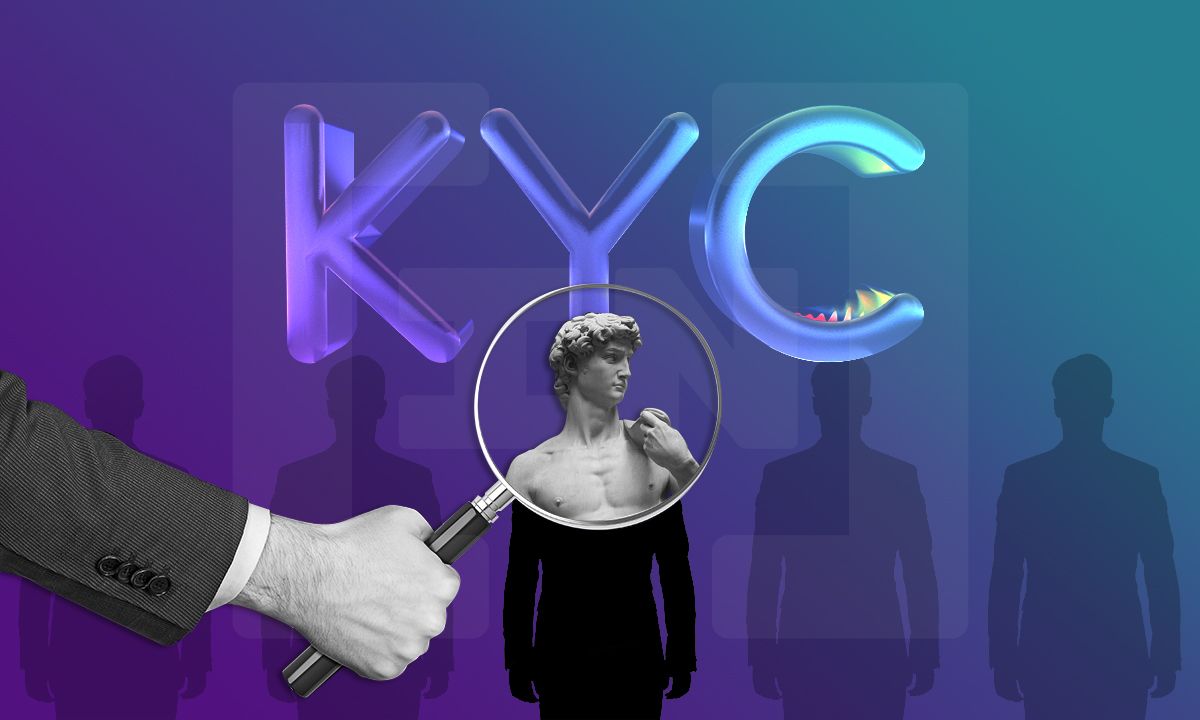Nobody really likes regulations on exchanges, as seen by the interest in anonymity in the crypto world. However, protections are still important to keep users safe.
When things go wrong and you need help, it’s suddenly important to have protections in place. The question is, “Who will protect you if nobody knows who you are?”
A lack of regulations can be dangerous. Without them, anyone can claim that your 10 bitcoins (BTC) are theirs by simply accessing your email.
This is one of the multiple risks of fraud awaiting you when you start trading digital assets on an exchange. Others include credit, legal, liquidity, operational, and market risks that make trading even more dangerous.
Direct fraud is bad, but indirect fraud is even worse
When trading crypto, there are two kinds of fraud: direct and indirect.
Direct fraud refers to a fraudulent activity you are actively involved in like a scam, phishing attacks, or hacking.
These are preventable through simple measures. These include using trusted sites, doing your research, and making sure you use reliable security tools.
Indirect fraud is an activity you’re not actively involved in. Rather, you’re unaware that it’s happening. For example, holding crypto obtained illegally or used to sponsor criminal activity.
You, therefore, run the risk of having the authorities seize your crypto or close your account since your coins are linked to money laundering. If you happen to get dirty crypto, your wallet addresses become marked as suspicious. This is a reputational nightmare and hard to clear up.
Another example of common indirect fraud is “overnight” exchanges. These get shut down frequently. However, if you end up trading on one, you are also held accountable for any illegal activities even if you didn’t know about them.
As a result, it’s the exchange’s responsibility to provide an adequate level of protection for users. This should be done by verifying who they accept funds from and how these funds got into their users’ wallets.
Exchanges asking for personal information is important
There is a lot of concern about exchanges asking for personal information in the crypto community.
However, you wouldn’t just open a bank account online and transfer your money, would you? You’d want to know who the bank is, where it’s based.
Banks always ask the same thing. They need to know who you are and where the funds you hold come from. This is because if you are keeping money gained from money-laundering activity in your account, it’s the bank that authorities will come after first.
Crypto exchanges are the same. Like traditional banks, they need protection for both users on the platform and themselves as business entities that abide by the law.
As a result, even if it violates the initial idea of anonymity underpinning crypto, exchanges have no other option but to stick to strict regulations and create an environment that is safe enough for users.
A lack of legal framework hurts mass adoption
If an exchange asks for no personal information, it creates the perfect opportunity for other users to smuggle dirty crypto through. As a result, you could gain crypto that was accumulated through activities like human trafficking.
Even if illegal activities are not of concern and you would still prefer to trade anonymously, these kinds of exchanges are making it harder to trade and withdraw funds. This is because of a lack of mass adoption.
In his book “Diffusion of Innovation,” Everett Rogers popularized the technology adoption curve. This idea shows how people accept new technology.
The curve represents five major groups: innovators, early adopters, early majority, late majority, and laggards. Laggards are especially averse to technology that drives change and are especially suspicious of it. However, their acceptance is necessary to declare mass adoption.
To lower suspicion and increase trust, crypto should fall back on something most people already trust and are familiar with — the law.
To some extent, a legal environment is a safe environment or at the very least provides safeguards. Building these processes takes years and effort by exchanges but it’s already happening.
Making safeguards mandatory for exchanges
Already, Know Your Customer (KYC) and Anti-Money Laundering (AML) compliance became obligatory for EU and US-based companies. This was combined with ever-increasing demands from regulators.
In the United Kingdom, the Financial Conduct Authority has tried to create a regulatory framework for crypto assets. Businesses in the UK that haven’t registered with the FCA already will be forced to cease trading.
These kinds of requirements are a sign that regulators’ grip on non-regulated businesses is getting tighter. This means we are heading to the full compliance of trading platforms.
Needless to say that with all regulations coming into force, crypto users are becoming less anonymous. However, the crypto world is also becoming safer and that’s crucial, given that we all want mass adoption of digital assets.
How to make sure you’re trading on a safe exchange
Secure exchanges come with strict KYC and AML. You should have to prove who you are, where you live, and the source of your funds.
However, these practices do vary from exchange to exchange. Some platforms require KYC and AML to withdraw funds or lift certain limitations, obligating customers to provide copies of photo identification and sometimes proof of residence. Other platforms require such customer verification during the process of account creation.
For instance, on EXMO, the KYC procedures are a part of the onboarding process. Users go through ID and address verification, IP address check, and check against Global Sanctions lists. We also need to understand where the funds come from and where they go to prevent money laundering.
For fiat, EXMO has a full source of funds policy. This includes procedures to check the legitimacy of any money deposited or withdrawn. For crypto, we use a blockchain analytics cryptocurrency intelligence tool CipherTrace. It monitors all the transactions and checks if any connected wallets are high risk.
Regulations help identify fraud early
Any exchange operating efficiently understands how its customers trade. When anything unusual happens it triggers an alert of “suspicious” or “abnormal” behavior.
These transactions are then carefully checked and steps are taken to block accounts or request more information, if necessary.
To prevent any fraudulent behavior, early suppression is key. This means at the registration or first deposit stage.
This kind of protection is only possible if an exchange stays compliant, which also means it is a forward-looking business not just an overnight entity.
Do your research on the exchange’s reputation
Before setting up an account and depositing funds, do a Google search. Check the news and updates that come up under its name. Many exchanges have been involved in hacks, scams, and other notorious activities.
All this information will be online, but it’s important to pay special attention to how the exchange has responded to the crisis and whether they managed to pay damages.
Don’t forget about exchange security
The exchange you’re looking to trade on should offer a range of security methods. These should start with two-factor authentication (2FA) and ending with encryption tools used to protect the personal data they gather from you.
It may not be possible to know if they do all of the security measures upfront, you can at least verify if 2FA is on offer. This is the minimum requirement for any trustworthy exchange.
These are the easiest ways to tell if an exchange is trustworthy. There are others worth paying attention to but these are the simplest to check yourself. My key message is this: don’t fear when exchanges ask you who you are. Fear when they don’t.
Disclaimer
In compliance with the Trust Project guidelines, this opinion article presents the author’s perspective and may not necessarily reflect the views of BeInCrypto. BeInCrypto remains committed to transparent reporting and upholding the highest standards of journalism. Readers are advised to verify information independently and consult with a professional before making decisions based on this content. Please note that our Terms and Conditions, Privacy Policy, and Disclaimers have been updated.


